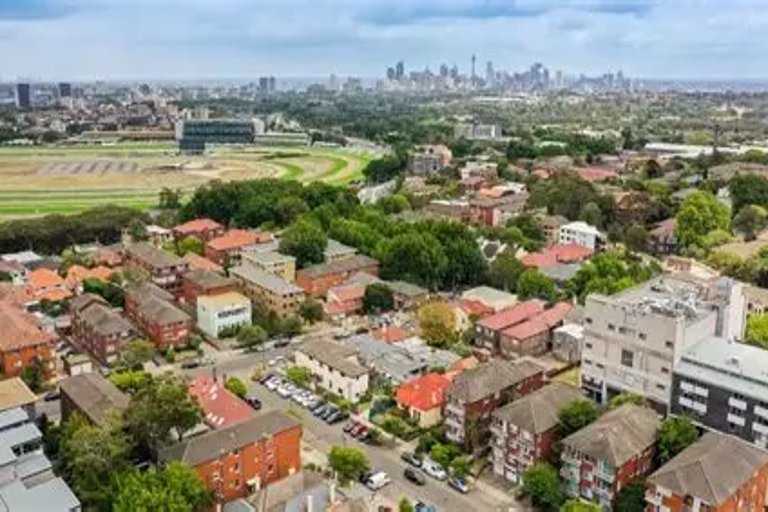City Council debates proposal to limit short-term rentals in Toronto
A new policy introduced at City Hall aims to restrict short-term rental platforms like Airbnb, citing concerns over housing availability and rising rent costs.
Published on: June 19, 2025 at 09:55 | By The Daily Boreal Editorial Team

Toronto City Council is currently debating a new proposal that would place stricter limits on short-term rentals like Airbnb, citing concerns over housing availability and escalating rent prices. The proposed amendments aim to reinforce existing rules and close loopholes that have allowed commercial operators to circumvent regulations.
Under the current framework, homeowners can only list their principal residence for short-term rental, with a maximum of 180 nights per year. However, city staff report widespread non-compliance, with many units being rented year-round by hosts with multiple properties.
The new proposal includes enhanced enforcement measures, increased fines for illegal listings, and a centralized registry requiring platform compliance. City staff also recommend expanding the number of inspectors tasked with monitoring online listings and conducting on-site visits.
Councilors supporting the measure argue that commercial short-term rentals remove housing stock from the long-term rental market and contribute to higher rents in densely populated neighborhoods. They point to studies indicating that thousands of units are being operated as de facto hotels.
Opponents, including representatives from Airbnb and some property owners, contend that short-term rentals support tourism, provide supplemental income to families, and contribute to local economies. They argue that enforcement rather than additional regulation should be the focus.
Housing advocates rallied outside City Hall this week in support of tighter controls, holding signs that read “Homes, Not Hotels.” Speakers emphasized the urgency of addressing Toronto’s affordability crisis and protecting tenants from displacement.
The city’s planning department estimates that reinstating even 3,000 short-term rental units into the long-term market could ease pressure on vacancy rates and rent stabilization. Several councilors called for immediate action ahead of the peak summer travel season.
If passed, the new rules would take effect later this year and apply to all new and existing listings. Platforms like Airbnb and VRBO would be required to ensure that only registered and compliant properties appear on their sites.
The debate reflects broader tensions between private property rights and the public need for affordable housing in urban centers. Similar regulatory shifts have taken place in Vancouver, Montreal, and New York City in recent years.
The final vote is expected at the next council meeting. Meanwhile, city officials urge landlords and renters alike to familiarize themselves with the existing bylaws and participate in the public consultation process.